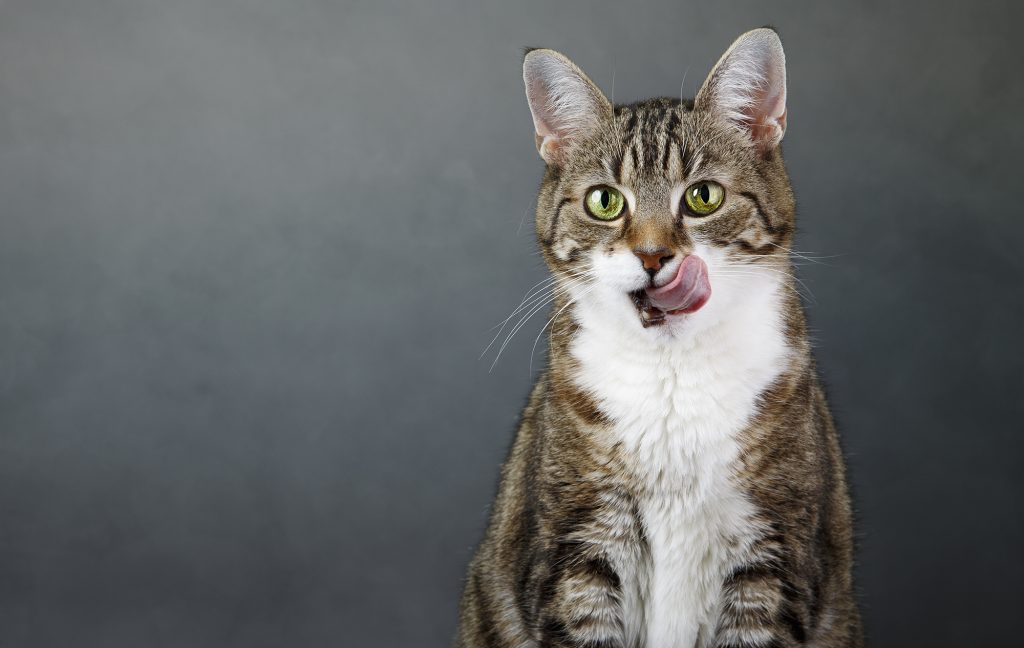Recently, many pet foods manufacturers are promoting the probiotics in their pet food, which is more commonly found in dog food. While we certainly support the use of probiotics in pet food, we recommend that you give your pet a probiotic supplement instead. Probiotics are sensitive to moisture and heat so if they’re added to pet food (especially kibble) they will have little effect by the time they make it into your pet’s digestive tract. The bacteria in a probiotic must be live and be able to reproduce in order to provide your pet with any health benefit.
Probiotics can be used for the following:
- Treat diarrhea
- Help cats and dogs manage stressful situations such as a stay in a boarding kennel
- Alleviate Gastrointestinal upset
- Restore the gut with beneficial bacteria after a round of antibiotics
- Calm digestive upsets caused by travel or dietary changes
- Improve digestion and stool quality in large and giant breed dogs
- Boost immune system function, especially in young pets, senior pets, or those experiencing health issues
First of all, what are probiotics, anyway? Everyone knows they help optimize our gut flora (the bacteria occurring naturally in the intestine), but really, what are these things? Where do they come from?
Probiotics are living microbes which have a beneficial effect on the host animal by contributing to its intestinal microbial balance. Acidophilus and bifidobacteria are the most common types of microbes used as probiotics, but there are over 30,000 species of microbes that interact to maintain a healthy intestinal environment! Probiotics tip the balance in the gut toward friendly bacteria and away from pathogenic bacteria which can cause gas, bloating, pain, diarrhea, skin and coat problems and other illness. They’re great for helping dogs and cats recover from most digestive disturbances, both chronic and acute.
Although there are lots of commercial products on the market in pill and liquid form for high retail prices, probiotics are naturally found in foods such as fermented vegetables (sauerkraut, and kimchee) and sprouted seeds, for example. These are proven to be, by far, much more effective than the lab-made strains available in bottles.
Why? Because science cannot imitate the naturally complex relationships of all of the species of microbes that interact in the gut to maintain a healthy intestinal environment. Neither has science yet discovered all the ways the body interacts with each of these species to produce the beneficial effect. But most importantly, recent research shows that if the probiotic microorganisms are allowed to establish their own symbiotic environment prior to being ingested by the host body, they are ‘hardier’, more able to re-establish their dominance, more able to withstand the heat and acid environment of the gut.
And finally, commercial probiotics are created by isolating individual strains of microorganisms which are then artificially stimulated to reproduce in a laboratory. In the final product, the selected probiotics have been separated from their intrinsic supporting microbes that were present in the original natural state. These supporting microbes are critical to the survival of the selected strain, so the absorption and use of the finished probiotic by the body will be greatly and significantly reduced.
This means that when a native probiotic found in food is ingested while still in its natural host environment it remains supported by the full range of original microorganisms that allow it to function. It will stay healthy, viable and be much more bio-available for absorption within the animal’s intestine. Now that’s something to toot about!












